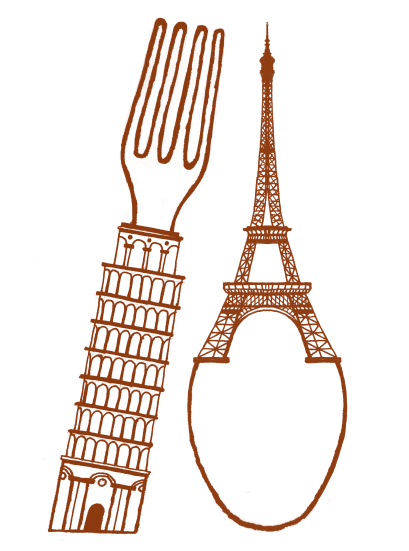L'Imparfait de l'indicatif - expresses or describes continued, repeated, habitual actions or incomplete actions, situations, or events in the past. It's a simple tense that does not require a helping verb.
L'imparfait exprime ou décrit des actions continues, répétées, habituelles ou des actions, des situations ou des événements incomplets dans le passé. L'imparfait décrit ce qui se passait à un moment indéfini dans le passé ou ce qui se passait. C'est un temps simple qui ne nécessite pas de verbe aidant.
1. Uses of the Imparfait
- Describes what was going on at an indefinite time in the past or what used to happen - exemple: Quand il était enfant, il parlait en français.
- Describe a scene or a landscape - exemple: La neige couvrait le sommet de la montagne
The following are the two most used verbs in the Imparfait; Être and Avoir.
Être
Je étais
Tu étais
Il/Elle/On était
Nous étions
Vous étiez
Ils/Elles étaient
Avoir
Je avais
Tu avais
Il/Elle/On avait
Nous avions
Vous aviez
Ils/Elles avaient
2. The endings of the Imparfait for the verbs in -ER, -IR, -RE.
While in other cases the endings are different for the three different groups of verbs, in the case of the Imparfait, all the verbs take the same endings. The endings are: ais, ais, ait, ions, iez, aient.
Parler
Je parlais
Tu parlais
Il/Elle/On parlait
Nous parlions
Vous parliez
Ils/Elles parlaient
Dormir
Je dormais
Tu dormais
Il/Elle/On dormait
Nous dormions
Vous dormiez
Ils/Elles dormaient
Prendre
Je prenais
Tu prenais
Il/Elle/On prenait
Nous prenions
Vous preniez
Ils/Elles prenaient
3. Exceptions
- The verb Être is irregular as we've seen already. -Êt changes to -ét.
- The following verbs have spelling changes in the imperfect:
The verbs with a ‐ CER ending change ‐c to ‐ç before an ‐a with the pronouns je, tu, il/elle and ils/elles. Exemple: Le film commençait. (The film was starting.)
With the verbs ending with ‐GER insert a silent ‐e between ‐g and ‐a with the je, tu, il/elle and ils/elles forms. Exemple: Je mangeais lentement. (I was eating slowly.)
- The verbs Falloir (to be necessary) and Pleuvoir (to rain) are used only in the il form. Exemple: il fallait (it was necessary) and il pleuvait (it was raining).
After this introduction to the Imparfait, click on the link below and practice the topic further.
